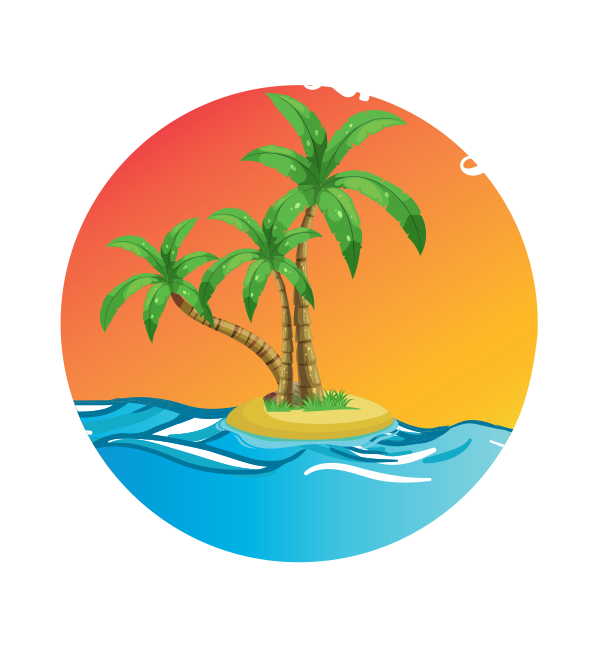
Insurance Inspection
An insurance home inspection is a key component in determining a property's insurability and setting accurate premiums. Insurance providers rely on detailed evaluations of a home's condition to assess risk and ensure the property meets safety and structural standards. These inspections are especially important for older homes, homes with recent renovations, or properties in high-risk areas.
Why Insurance Companies Require Inspections
Insurance inspections help companies identify potential liabilities and verify the condition of the property before issuing or renewing a policy. The findings influence coverage eligibility, premium rates, and in some cases, whether certain upgrades or repairs are required before coverage is approved.
By conducting these inspections, insurers protect themselves and the homeowner from unexpected risks. It also ensures that the property is properly maintained and compliant with underwriting requirements.
What Inspectors Look For
Insurance inspections are generally focused on elements of a home that could pose safety hazards or result in claims. Inspectors typically assess:
- Roof condition, age, and potential for leaks
- Electrical system safety and code compliance
- Plumbing system functionality and risk of water damage
- HVAC system condition and fire risk potential
- Structural components like foundations and load-bearing walls
- Evidence of past water or fire damage
- Presence of safety equipment such as smoke detectors and fire extinguishers
- General property maintenance and visible hazards
These evaluations are comprehensive and designed to paint a clear picture of the home's current condition from a risk management standpoint.
Types of Insurance Inspections
Depending on the insurer’s requirements and the home's age or location, different types of inspections may be conducted. These can include:
- Four-point inspections that focus on HVAC, electrical, plumbing, and roofing systems
- Wind mitigation inspections to determine the home’s resistance to wind-related damage
- Roof certification inspections to verify roof age and integrity
- Full home inspections for a comprehensive view of the property’s overall risk profile
Each of these inspection types serves a specific purpose and may be required for certain insurance products or discounts.
Benefits for Homeowners
While primarily initiated by insurers, these inspections also offer advantages to homeowners. By uncovering hidden issues, they provide a chance to make proactive repairs, potentially qualify for policy discounts, and reduce the likelihood of denied claims in the future.
Understanding the insurer’s concerns ahead of time also helps homeowners avoid surprises and maintain continuous coverage, particularly in states with strict underwriting criteria.
How to Prepare
To ensure a smooth insurance inspection process, homeowners should:
- Ensure access to key systems such as the attic, crawl space, and electrical panel
- Fix visible issues like broken steps, exposed wiring, or leaking faucets
- Test smoke detectors and other safety equipment
- Have documentation ready for any recent upgrades or repairs
A little preparation can go a long way in producing a positive inspection report and avoiding policy delays.
Schedule Your Insurance Inspection Today
Whether you're applying for a new policy or renewing an existing one, a professional insurance inspection ensures your home meets all necessary requirements. Our experienced inspectors provide thorough evaluations that support your coverage needs and help secure peace of mind. Contact us today to schedule your inspection and protect your home with confidence.

